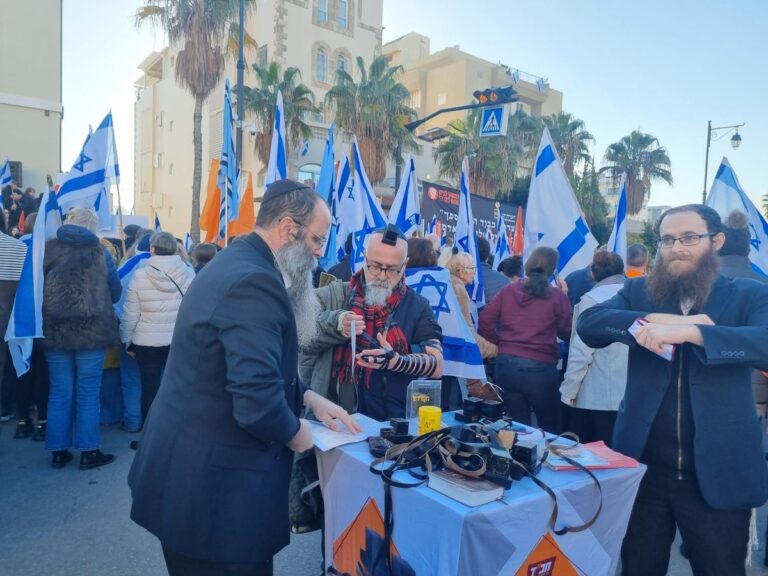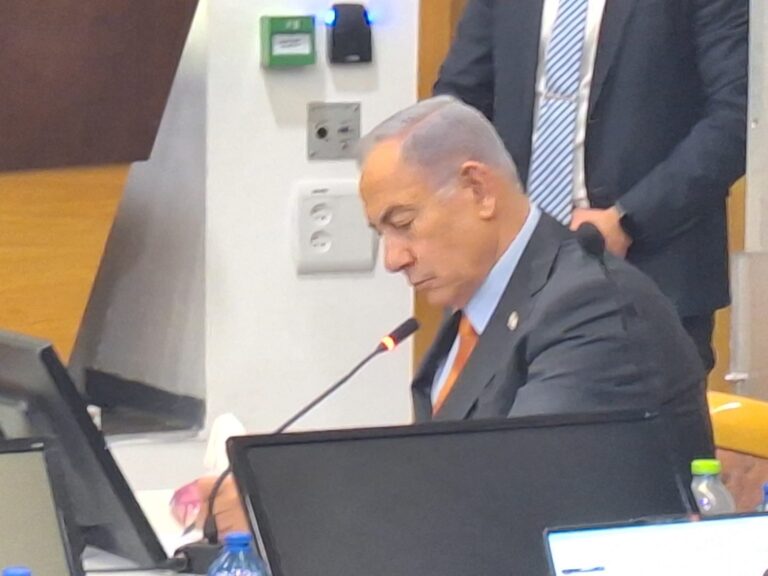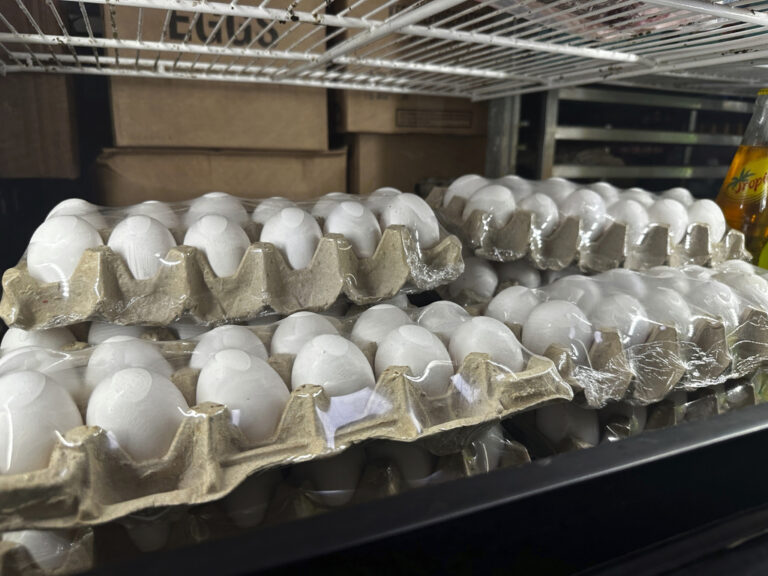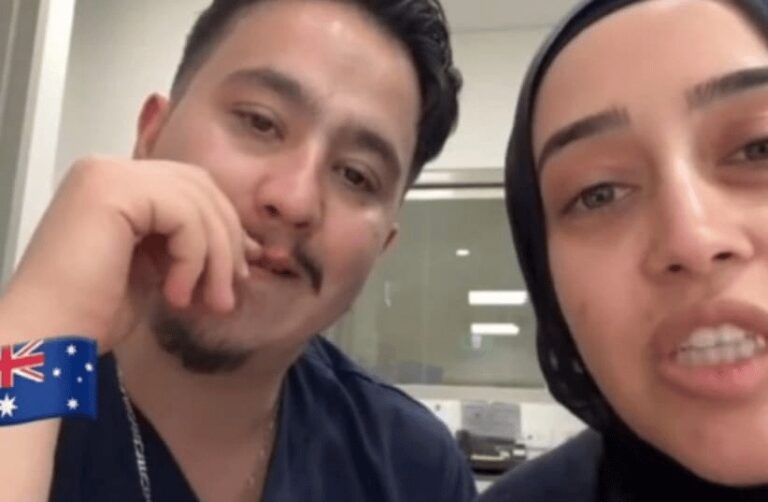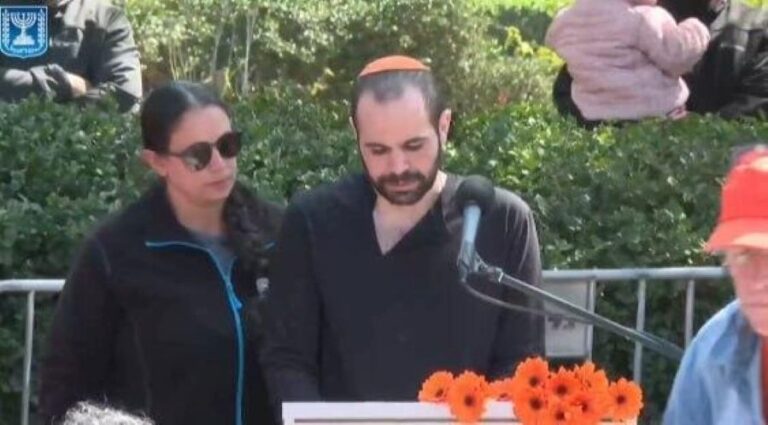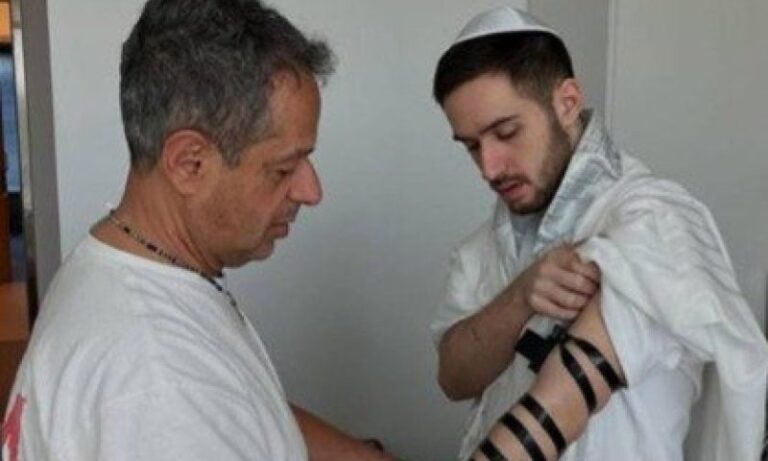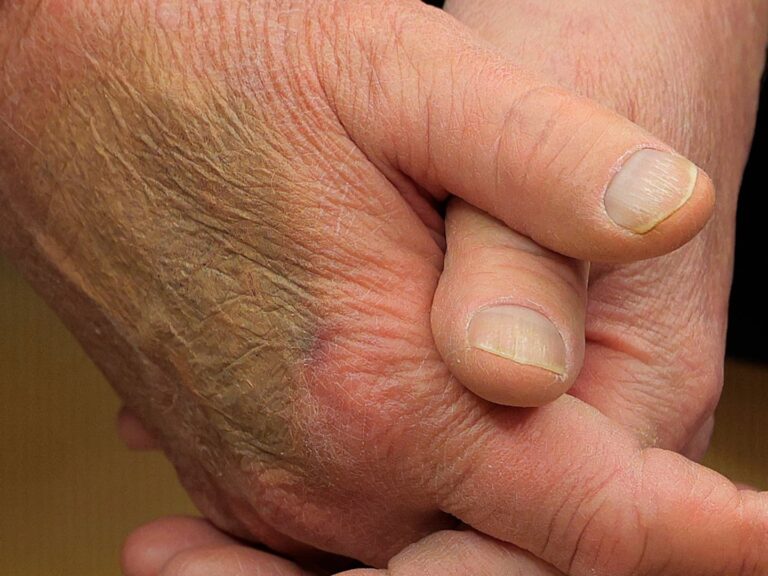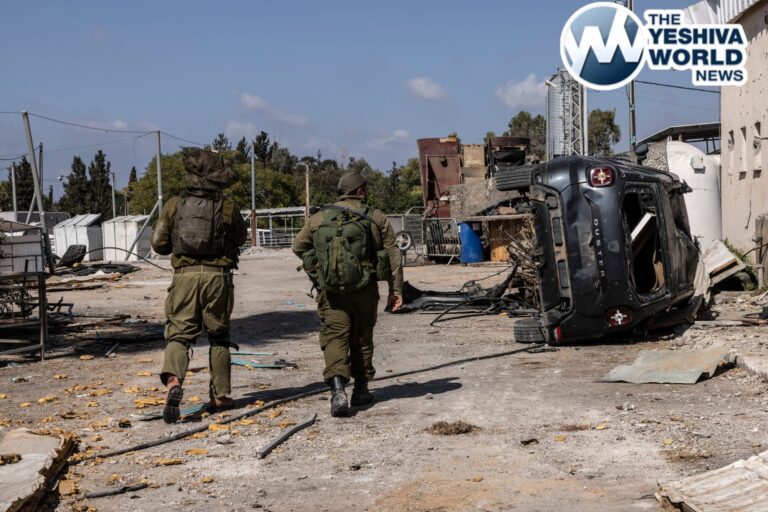Iran on Monday rejected a harsh statement by Arab League foreign ministers condemning the Islamic Republic and its proxy Hezbollah, saying the tirade was “full of lies” and the product of Saudi “pressure and propaganda.”
State media quoted Foreign Ministry spokesman Bahram Ghasemi as calling on Saudi Arabia to stop its “barbaric attacks” on Yemen, where a Saudi-led coalition has been at war with Tehran-backed rebels since March 2015. He also called on Saudi Arabia to drop its boycott of the Gulf Arab nation of Qatar, which has warm ties with Iran.
Arab League foreign ministers meeting in Cairo on Sunday lashed out at Iran and the Lebanese militant group Hezbollah, accusing them of destabilizing the region and vowing to take the matter to the U.N. Security Council.
Lebanese President Michel Aoun, a Christian ally of Hezbollah, also rejected the Arab League statement, which had accused the militant group of terrorism and of supporting “terrorist groups” across the region.
Aoun said Lebanon had been subjected to Israeli “aggression” for decades and had the right to defend itself. Hezbollah, the only Lebanese group to retain its arms after the 1975-1990 civil war, forced Israel to withdraw from southern Lebanon in 2000 and continues to portray itself as Lebanon’s first line of defense. Hezbollah is also a member of Lebanon’s coalition government.
Aoun said Lebanon rejects any accusation that its government “is a partner in terrorist attacks.”
Arab League chief Ahmed Aboul-Gheit, who visited Lebanon and met with Parliament Speaker Nabih Berri on Monday, said Lebanon “cannot be an arena for any Arab-Iranian confrontation.”
He added that naming Hezbollah a terrorist organization is not new as it happened during last year’s Arab summit. He also clarified that the accusations of terrorism were leveled at “one of the ruling partners” in the Lebanese government, and not the government as a whole.
Saudi officials have said in recent weeks that they would consider the Lebanese government hostile if Hezbollah joins any future government. The Saudi statement was rejected by many Lebanese, who see Hezbollah as a legitimate representative of the country’s Shiites.
Tensions spiked between Saudi Arabia and Iran after the Yemen rebels, known as Houthis, fired a ballistic missile that was intercepted outside Riyadh earlier this month. Saudi Arabia has accused Iran and Hezbollah of arming the rebels, charges denied by both.
Sunni Saudi Arabia and Shiite Iran have long vied for regional supremacy, and support rival proxies across the Middle East.
(AP)


